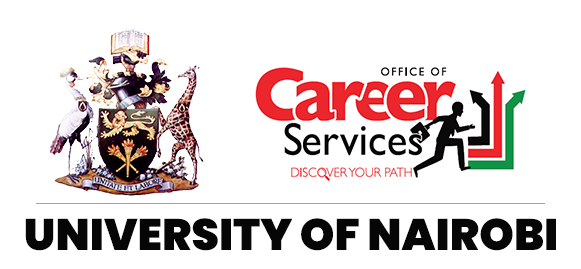The Office of the Deputy Vice Chancellor, Students Affairs through the Senate Students Mentorship Committee led by Prof. Winfred Kamau (School of Law) on Tuesday June 3, 2020 conducted training for over 50 mentorship champions.
This training was organized to enable the mentorship champions be able to coordinate virtual mentorship activities for students during this Covid-19 pandemic. The mentorship champions are drawn from all Colleges, Campuses, DVC, SA, Office of Career Services and Dean of Students office.
This pandemic period has affected everyone including students bringing fear, anxiety, stress, uncertainty, limited resources, social distancing, home dysfunctions, education at home, changed priorities among other challenges and to help students cope with this, the University has planned virtual mentorship activities beginning June 2020. The virtual mentorship program is being supported by the UNESCO/UNITWIN Chair at the University of Nairobi.
Prof. C.B.K. Nzioka gave the opening remarks on behalf of the UNESCO/UNITWIN Chair, Prof. Judith Bahemuka. In his remarks, he indicated that the purpose of the training was to strengthen the capacity of the University in response to the covid-19 pandemic. The University has embraced online teaching and learning and this virtual mentorship will help students to cope with challenges brought about by the pandemic such as mental health.
Prof. Winnie Kamau from the School of Law who is the Chair of the Senate Students Mentorship Committee outlined the objectives of the training which include to help the mentorship champions understand the fundamentals of mentorship and appreciate the unique challenges to mentorship arising from the pandemic.
This training session was conducted by Pr. Simon Mbevi, the CEO, Transform Nations. Pr. Mbevi elaborated on the types of mentorship, the elements of great mentorship, today’s mentee needs, virtual mentorship challenges and mentorship benefits. For any mentorship process to be successful, three connection blocks that the mentor must practice include Acceptance (appreciating the mentee for who they are), Affection (mentor needs to show affection to the mentee) and Affirmation (mentor needs to affirm the strengths, potentials, values and effort of the mentee).
This session was very informative and educative to the mentorship champions and more trainings are planned in the following weeks to enable the team to possess the skills they need to implement the virtual mentorship program.

